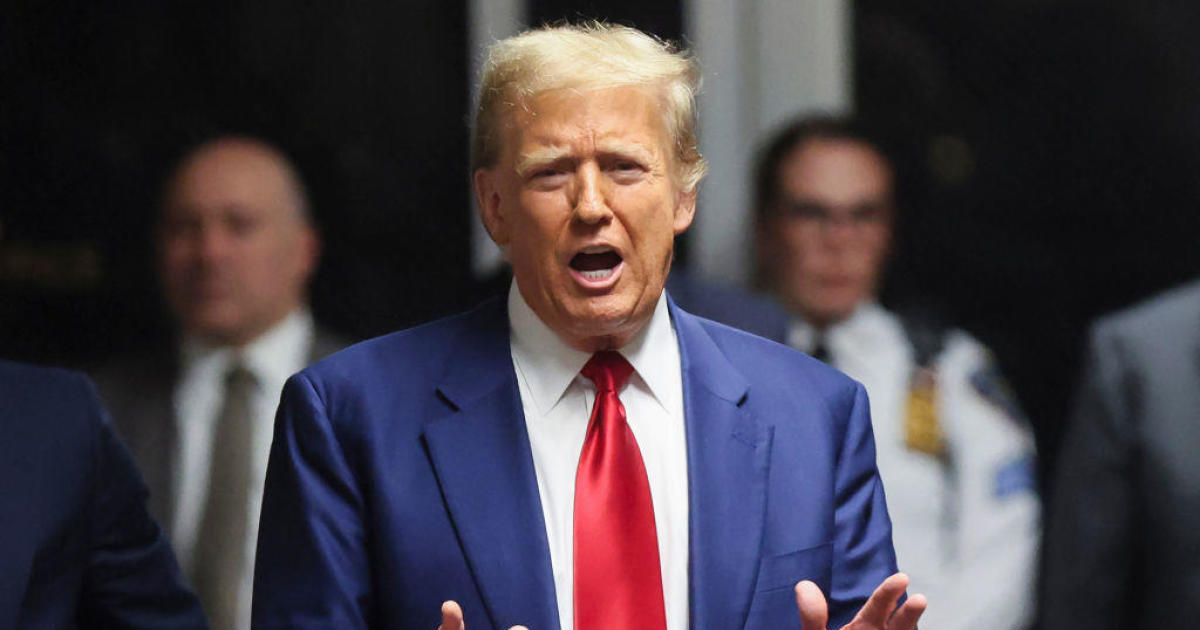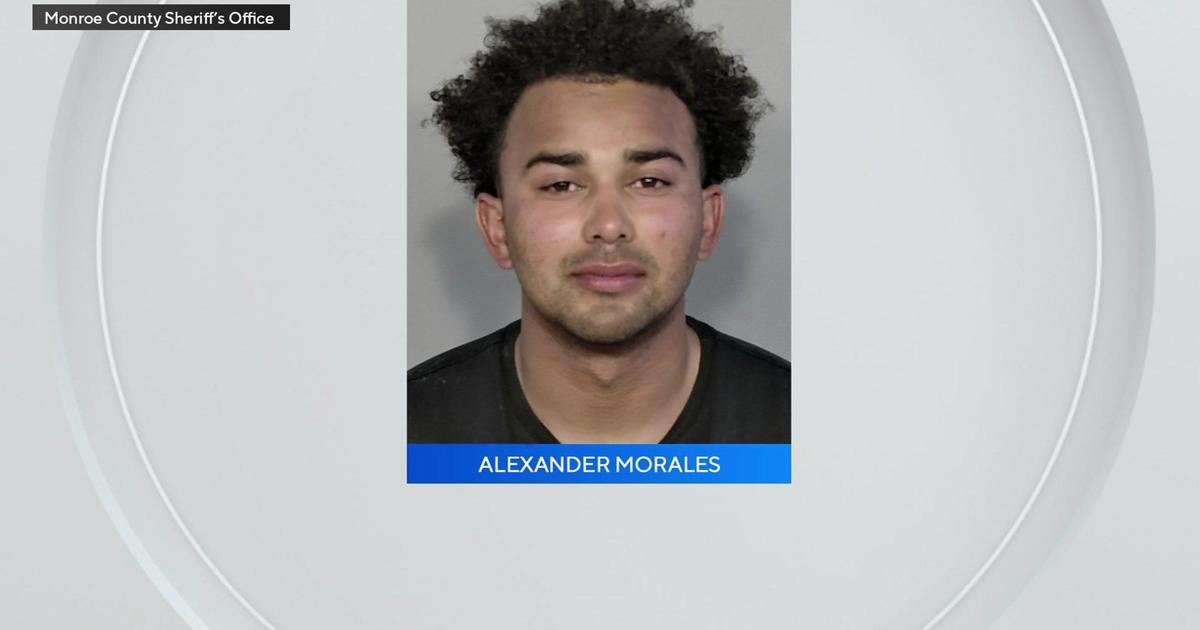O'Farrill's Grammy-Nominated CD Expands US-Cuba Dialogue
Follow CBSMIAMI.COM: Facebook | Twitter
NEW YORK (AP) — Arturo O'Farrill's Grammy-nominated "Cuba: The Conversation Continues" just happened to be made in Havana by American and Cuban musicians at a dramatic turning point in relations between the two countries.
The pianist and composer had brought his New York-based Afro Latin Jazz Orchestra to record for the first time in Cuba in December 2014 when during a rehearsal they heard Presidents Barack Obama and Raul Castro announce plans to normalize relations.
"We were just stunned, none of us expected this," said O'Farrill, interviewed by telephone from his Brooklyn home. "Every musician in the room was electrified by their presence in such an historic moment and moved emotionally. I think there were a lot of inspired performances."
The 55-year-old O'Farrill returned to Havana in December, arriving just days after his double-album received two Grammy nominations.
O'Farrill's orchestra had previously won two Grammys for Best Latin Jazz Album, but he felt particularly gratified to see his orchestra nominated for Best Large Jazz Ensemble Album at Monday's awards ceremony in Los Angeles.
His nomination for Best Instrumental Composition — for "The Afro Latin Jazz Suite" — has a more personal meaning.
He calls the album's centerpiece "a loving tribute" to his father, Chico O'Farrill, a bandleader, composer and arranger who played a key role in the emergence of Latin Jazz in New York in the late 1940s and early 1950s. His masterpiece, "The Afro-Cuban Jazz Suite" was recorded in 1950 by Machito's orchestra with bebop pioneer Charlie "Bird" Parker on alto sax.
O'Farrill says his composition, commissioned by Harlem's Apollo Theater, was inspired by his father's suite, sharing its experimental spirit.
Chico O'Farrill left Cuba for New York in 1948. After Fidel Castro took power in 1959, he never returned to his homeland "which was very heartbreaking for him" and died in 2001, O'Farrill said.
O'Farrill began traveling to Cuba in 2002 to perform, sometimes bringing his two sons, Adam, a trumpeter, and Zack, a drummer, who both play on the new CD.
O'Farrill believes that normalizing relations offers hope of a better life for ordinary Cubans. He wants the U.S. to lift its economic embargo imposed in 1962, calling it "one of the great injustices in the world" because it has "only hurt the little people" while the communist government remains in place.
But a prominent Cuban musician, saxophonist-clarinetist Paquito D'Rivera, says the normalization only serves to legitimize "a failed and cruel regime" that continues to oppress the Cuban people. His marriage was destroyed after he sought asylum during a 1980 European tour and his wife and son were barred for years from leaving Cuba.
D'Rivera sees little benefit to the "jazz diplomacy" practiced by American "Cuba lover" musicians.
"It is indeed undeniable that young Cuban musicians ... might be very happy to be close to the Americans," he wrote in an email. "But what President Obama and his 'normalizing' supporters don't want to understand is that the goal in Cuba should never be just to improve the quality of life on Castro's ruined, unproductive plantation, but to free the slaves at once!"
O'Farrill says he doesn't endorse the Castro regime, but opposes isolating Cuba because he cares about Cuban people.
"You're going to tell me that things aren't right in Cuba and so we shouldn't engage. It's lunacy," said O'Farrill.
"Look outside your door and see the inhumanity of Americans ... that we perpetrate on a daily basis in our lives ...and then tell me that you're going to isolate Cuba as an example. I'm sorry that's unacceptable."
O'Farrill says his album was intended to continue a cultural conversation that began in 1947 when Cuban conga player Chano Pozo joined bebop trumpeter Dizzy Gillespie's band, bringing together Afro-Cuban music and American jazz.
For his album, O'Farrill brought in composers from Cuba (Alexis Bosch, Michel Herrera and Bobby Carcasses) and the U.S. (Michele Rosewoman, Dafnis Prieto and Bobby McIntyre), whose pieces covered a wide stylistic range from Cuba's traditional guajira music to progressive jazz.
"I went to Cuba with open arms to learn from Cubans, thank them and really truly collaborate with huge amounts of respect for my Cuban counterparts," said O'Farrill. "If anything, that's the message this album carries."
Click here to read more about U.S.- Cuba Relations.
(© Copyright 2016 The Associated Press. All Rights Reserved. This material may not be published, broadcast, rewritten or redistributed.)



